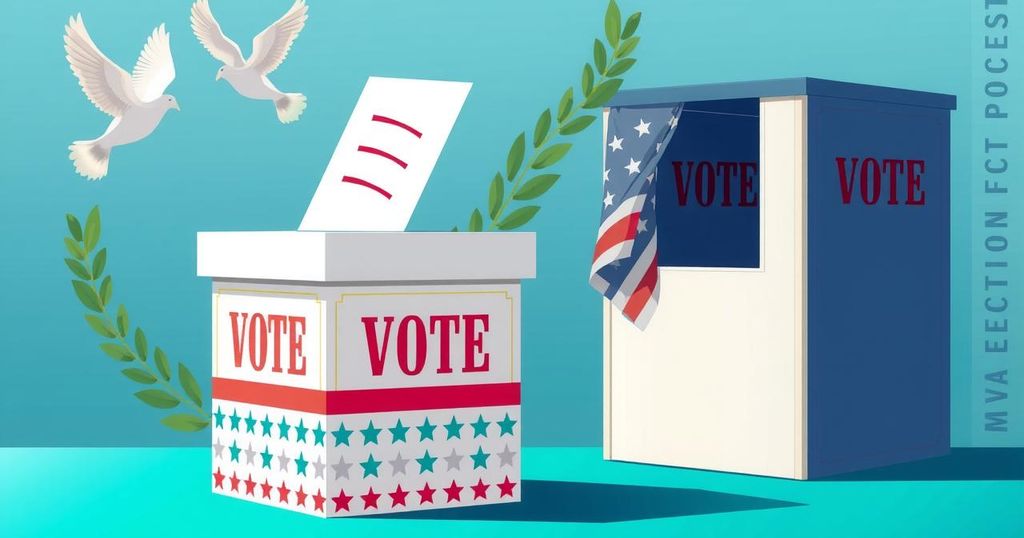Gabon’s military leader Brice Oligui Nguema will compete against three candidates, including former Prime Minister Alain-Claude Bilie By Nze, in the presidential election on April 12, 2025. With an electoral code permitting military personnel to run, Oligui will campaign as an independent, seeking to restore civilian governance post-election.
In Gabon, military leader Brice Oligui Nguema will participate in the presidential election scheduled for April 12, 2025. This announcement comes as the final list of candidates was published on Sunday, revealing that Oligui will face three challengers.
Among his competitors is Alain-Claude Bilie By Nze, the final prime minister under the ousted President Ali Bongo Ondimba, who is considered Oligui’s principal rival. Other candidates include Joseph Lapensee Essingone, a lawyer and tax inspector, and doctor Stéphane Germain Iloko Boussengui.
The Interior Minister Hermann Immongault reported that of the 23 candidates who applied, only four were approved. The reasons for the exclusion of the remaining 19 applicants, including notable trade unionist Jean-Remy Yama, were not disclosed, although they possess the right to appeal the decision to the Constitutional Court.
Oligui, who announced his candidacy on March 3, has committed to restoring civilian governance following a transitional period. A newly introduced electoral code enables military personnel to contest elections, thereby facilitating Oligui’s run. He officially filed his candidacy as an independent on Saturday, with campaigning set to begin on March 29. A date for a potential second-round run-off has not yet been determined.
In summary, Brice Oligui Nguema will face three candidates in the upcoming Gabonese presidential election, including the significant contender Alain-Claude Bilie By Nze. The election will take place on April 12, 2025, with Oligui having previously pledged to return power to civilians after a transitional period. The changes in the electoral code allow military candidates to vie for office, which marks a shift in the political landscape.
Original Source: newscentral.africa




